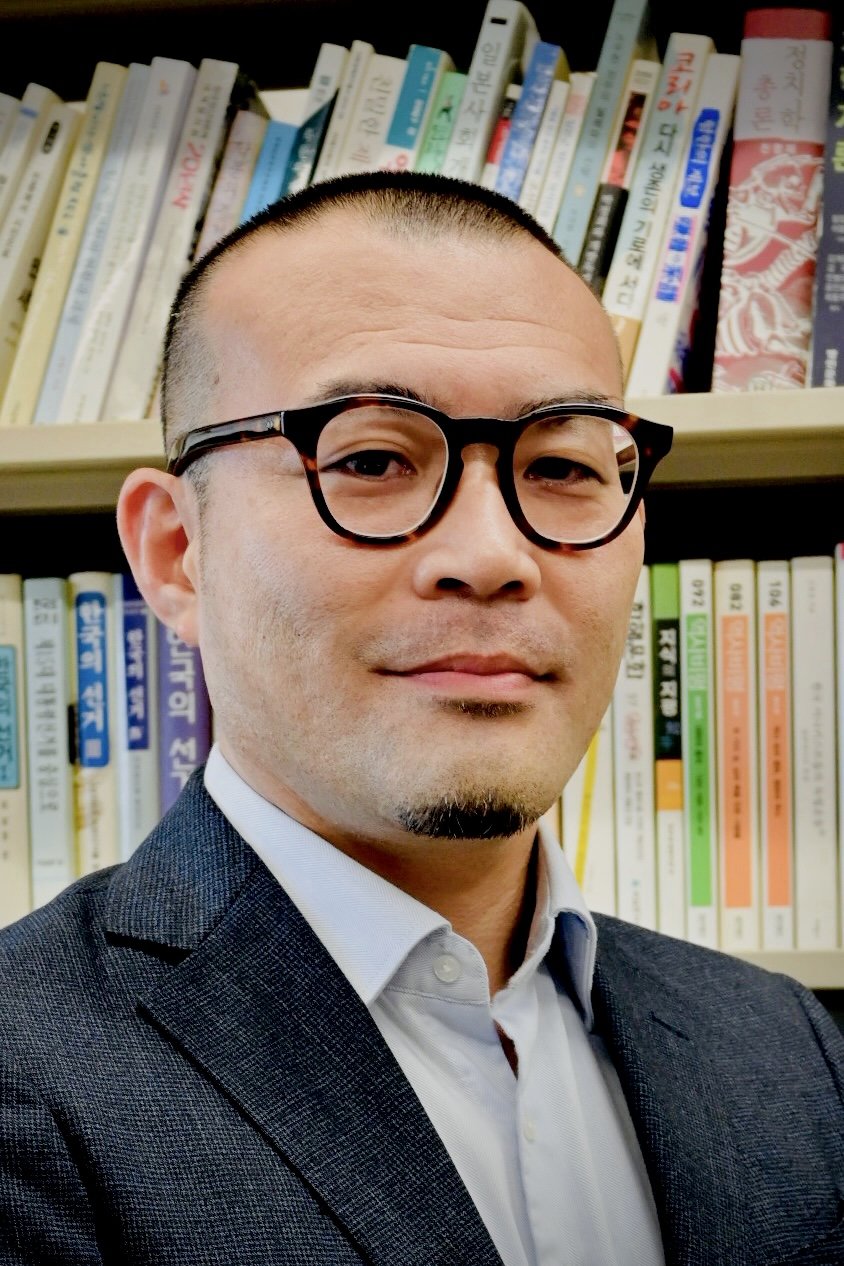Experts on Korea-Japan relations in Japan positively evaluated Japanese Prime Minister Fumio Kishida’s remarks at the Korea-Japan summit on the 7th, saying, “It hurts my heart that many people have suffered painful and sad things in a harsh environment.” It was pointed out that organizations did not reach the level desired.
At the same time, he said, the Japanese government should play a role in building the situation in East Asia by improving Korea-Japan relations more actively than now. We listened to the evaluation of the Korea-Japan summit and future tasks from three Japanese university professors who are experts on Korea.
From a Korean perspective, I understand that there is dissatisfaction with Prime Minister Kishida’s expression of regret. However, it is true that progress has been made compared to Prime Minister Kishida’s remarks (“to inherit the position of the previous cabinets as a whole”) during President Yoon Seok-yeol’s visit in March. It is difficult to solve the problem of the past in a clean way from one side. Such remarks would have been impossible if it had been during the presidencies of former Prime Minister Shinzo Abe and President Moon Jae-in.
Depending on how the relationship between Korea and Japan develops in the future, ‘Kim Dae-jung-Obuchi Joint Declaration 2.0’ may come out. You just have to think about it one step at a time. If Korea-Japan relations are valued and fruitful in both societies, voices that Japan should be considerate of Korea in its perception of history will grow louder.
In the field of security, if trust in the U.S. nuclear extended deterrence is raised, both Korea and Japan can reap common benefits. Rising regional tensions in East Asia are undesirable for Japan. While increasing deterrence against North Korea in the short term, it is necessary to increase the possibility of a policy of engagement with North Korea in the mid to long term.
 Professor Kan Kimura, Graduate School of Kobe University
Professor Kan Kimura, Graduate School of Kobe UniversityAlthough he said that his remarks concerning the past were Prime Minister Kishida’s personal opinions, it seems clear that the diplomatic authorities of South Korea and Japan consulted with each other to come up with a narrow line. I think it would have been possible up to the level of Abe’s statement in 2015 (which indicated ‘severe reflection and apology’), but the word ‘personal opinion’ seems unnecessary.
At this summit, President Yoon confidently said, “Korea and Japan have agreed on this,” but Prime Minister Kishida was very cautious. It is not very good for Japanese diplomacy for South Korea to lead and Japan to passively follow. I couldn’t see any ideas on what Japan would like to do with Korea-Japan relations in the future. Leaving aside the issue of historical awareness, discussions within the Japanese government are needed on how to develop Korea-Japan relations. The fact that nothing has come out about the South Korean military’s radar irradiation, a sensitive issue in the defense field, seems to indicate difficulties in cooperation in the future.
Measures for security cooperation can be expected at the Korea-US-Japan summit to be held during the G7 summit in Hiroshima. However, there is no message about what role Japan will play in the East Asian region. On the other hand, Korea is working very hard.
 Professor Yoshihiro Ogata, Fukuoka University
Professor Yoshihiro Ogata, Fukuoka UniversityPrime Minister Kishida’s remarks went one step further than expected. However, since the position of the Japanese government has not changed, it is not satisfactory in the eyes of Korean victims, civic groups, and Japanese people who feel responsible for the colonial issue. Nevertheless, it is hoped that Korean public opinion will be informed that Prime Minister Kishida, while expressing his feelings, did not consistently take a cold attitude, saying that it was over with the Korea-Japan agreement in 1965. This should not be the end, and further progress should be made based on this.
Shuttle diplomacy must continue no matter what problems arise between the two countries. Until now, whenever there was a problem, I had to quit the shuttle and show a strong stance and try to beat the opponent. The more a problem arises, the more you have to take the attitude of a partner who solves the problem together by talking and communicating. Regarding historical issues, it is now an important time to take a human rights approach. There are definitely areas for cooperation between Korea and Japan.
Tokyo =
Source: Donga
Mark Jones is a world traveler and journalist for News Rebeat. With a curious mind and a love of adventure, Mark brings a unique perspective to the latest global events and provides in-depth and thought-provoking coverage of the world at large.